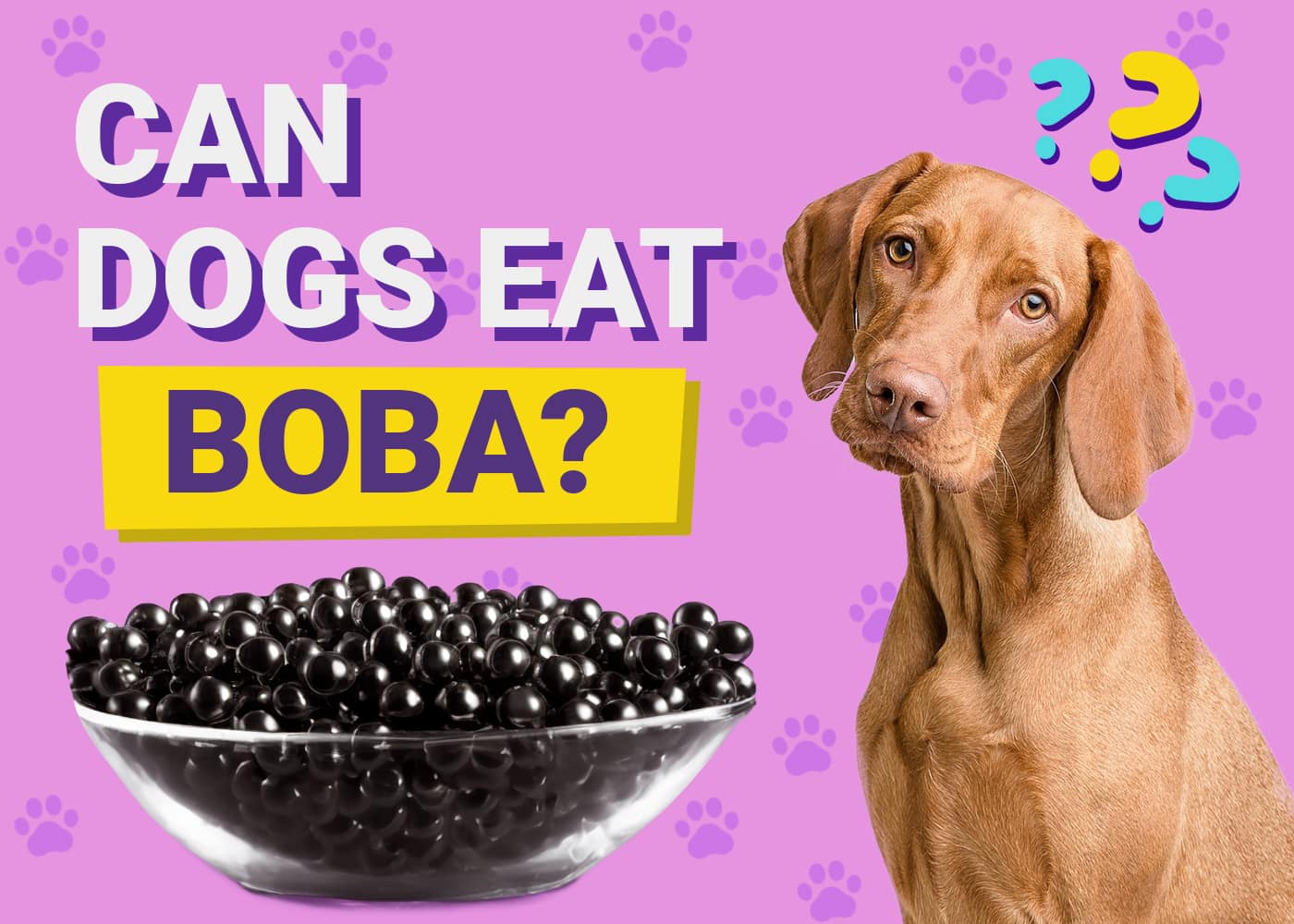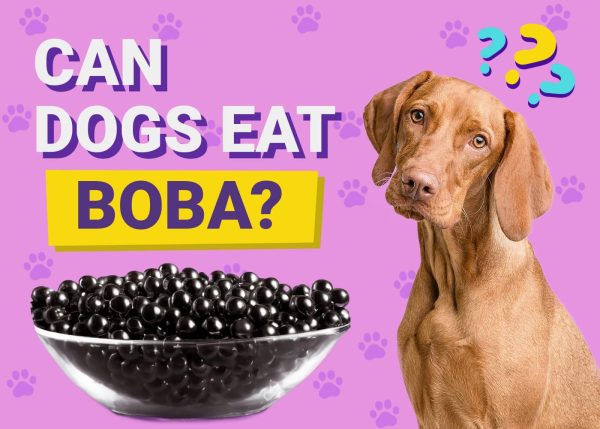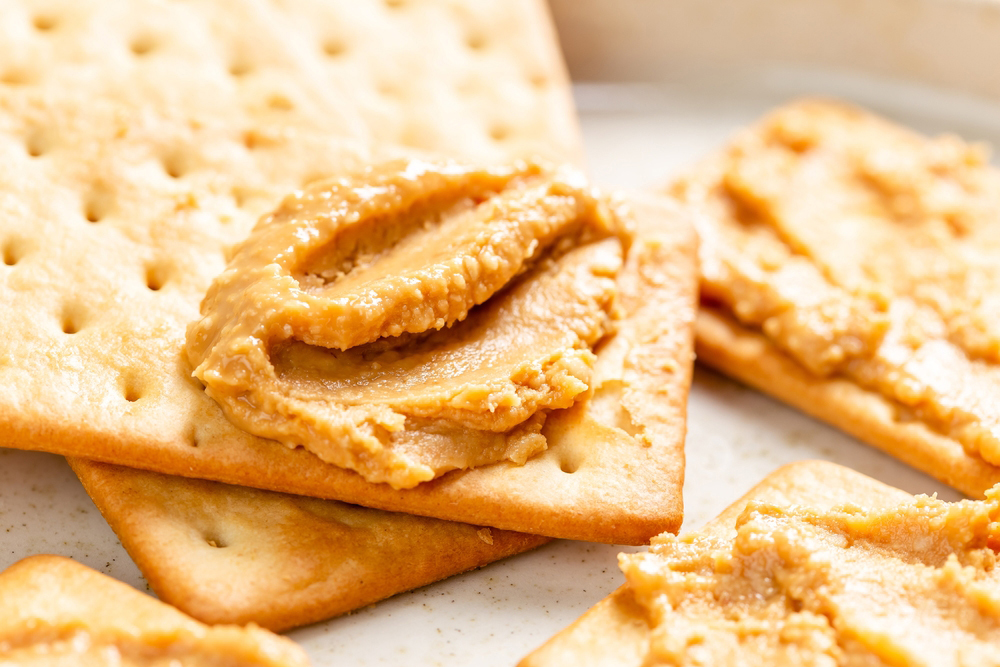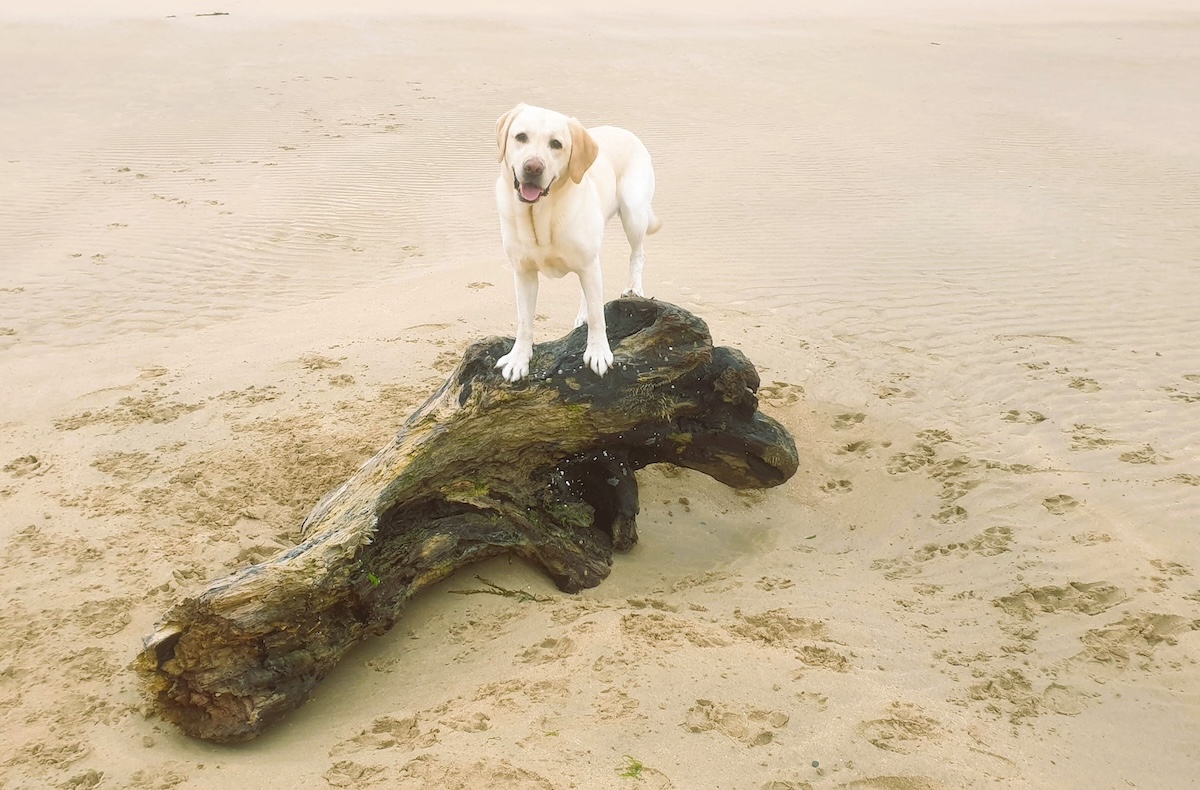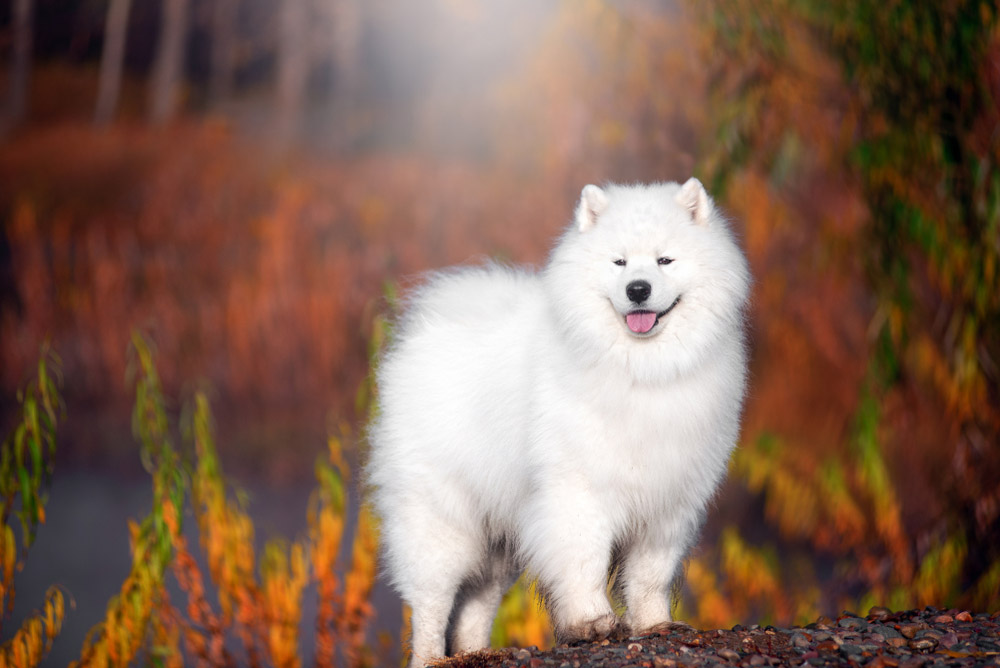Cool and refreshing with fun pops of tapioca starch, bubble tea originated in Taiwan in the 1980s. The tea beverage was introduced to America in Taiwanese shops on the California coast, but now has traveled all across the country where it has garnered many nicknames, including milk tea and boba tea. The actual boba itself is safe, but we hate to burst your bubble: boba tea isn’t healthy for dogs. Some of the other ingredients in the tea may be harmful or even toxic. Here’s the full scoop on what’s actually in boba, including how you can make a canine-friendly version of the popular drink at home.
What Is Boba?
Featuring milk, tea, sweeteners, and usually taro and bubbles, boba tea is a versatile drink that’s the perfect afternoon refresher once the caffeine from your morning coffee has peaked. These are the typical ingredients, but individual tea shops may make their recipes slightly differently. For example, some shops may use exclusively vegan milk, while others may make theirs with dairy milk unless you specify.
The boba itself, or the bubbles found in the tea, is made from tapioca starch, and may be plain or flavored. Tapioca is safe for dogs, as long as it’s cooked and only in moderation. However, it’s a starch with little nutritional value, so you should give it to them sparingly. But rest assured that if your dog accidentally eats some boba, it will likely be okay. As long as they’re fully cooked with no added flavors, the boba itself is safe for your dog to eat.
Reasons Dogs Can’t Drink Boba Tea
Unfortunately, a boba tea drink from a local shop probably isn’t safe due to the other ingredients besides boba that is found in the drink.
1. Black or Green Tea
Tea is a controversial ingredient for dogs.1 Canines really shouldn’t consume anything containing caffeine because it can be toxic in large amounts. Vomiting, diarrhea, irregular heartbeats, raised blood pressure, and even organ damage can occur depending on how much they have. However, green tea isn’t nearly as caffeinated as coffee and does have some health benefits, such as the high level of antioxidants. For this reason, veterinarians may occasionally prescribe green tea supplements or powders, but it’s generally unwise to let your dog simply sip tea.
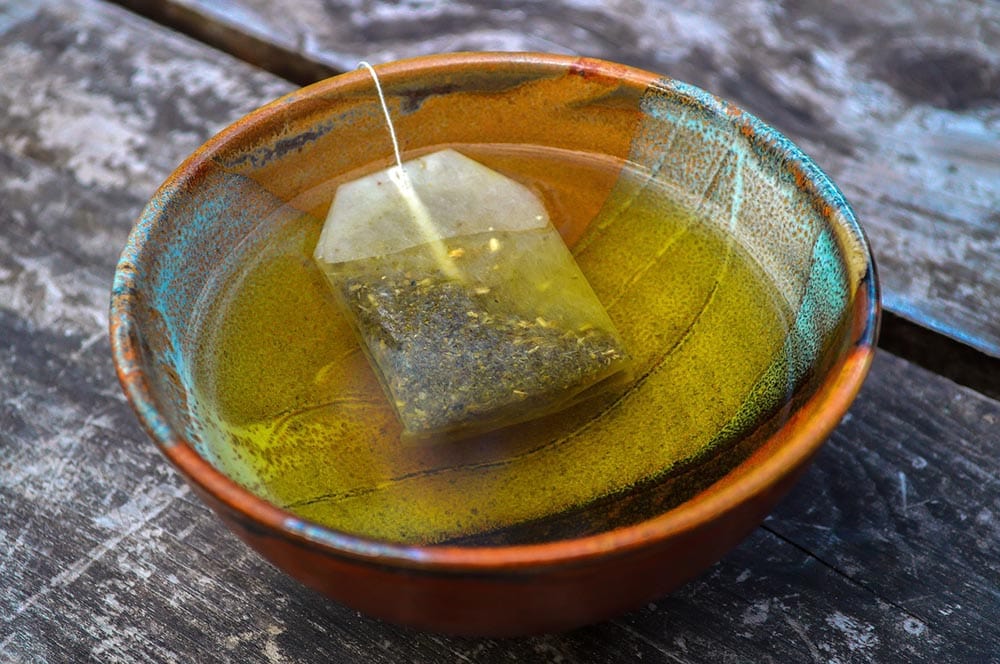
2. Milk
Dairy is another toss-up since many dogs are lactose intolerant. Like humans, dogs are born with the ability to process lactose, but they’ll lose it as they age if they’re no longer accustomed to drinking it on a regular basis. Lactose intolerance manifests in uncomfortable GI symptoms such as diarrhea and painful bloating.2 Even if you have a puppy who should still be able to process milk, you still shouldn’t give them much dairy milk because of the high amounts of fat and sugar.
3. Sweeteners
Although it isn’t toxic, sugar is another ingredient you want to steer clear from because of the link to obesity. The extra pounds put unnecessary weight on your dog’s health, which can lead to diabetes and joint pain. Artificial sweeteners are sometimes much worse. For example, xylitol is highly toxic and can even be deadly.3
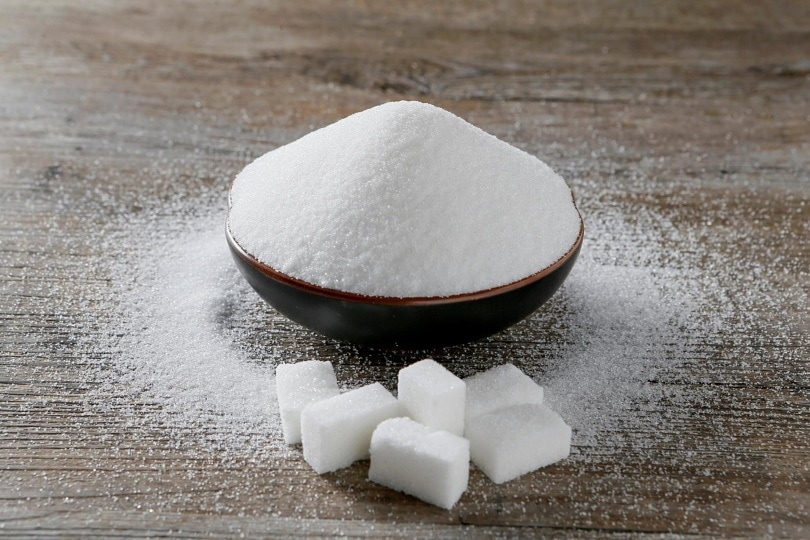
4. Flavors
In general, you should avoid feeding your dog anything artificial. Since there are so many additives on the market now, it’s nearly impossible to go through them all, and the data is relatively limited. However, since we know that artificial sweeteners and preservatives can cause lasting harm,4 it’s probably wise to not expose your pet to artificial flavors as well.
5. Taro
Finally, if you have a genuine milk tea, it likely contains taro powder. Commonly called “elephant ears,” all parts of the taro plant are toxic to canines and felines,5 raw or cooked. Signs of taro poisoning include vomiting, drooling, oral irritation, and difficulty swallowing. If you suspect your pet has ingested taro, or any other potentially toxic substance, call your vet immediately to see what you should do next.
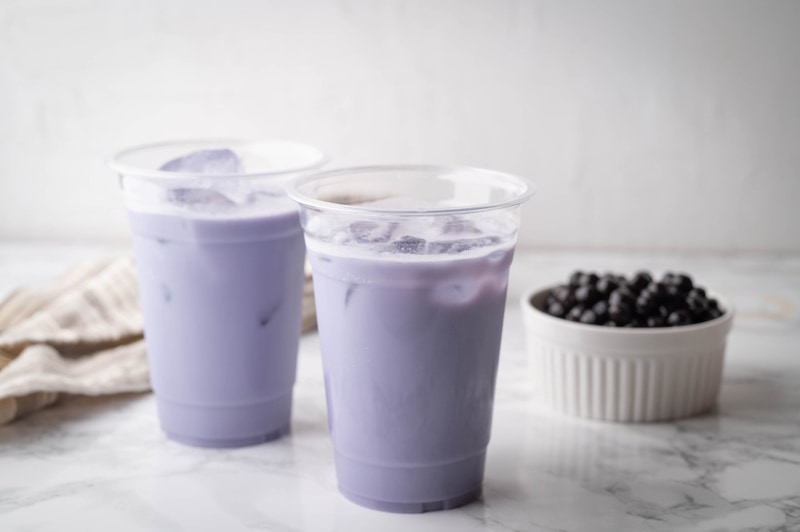
How to Make Dog-Friendly Boba Tea
There’s no tea—and no dairy milk—but you can make a “milk tea” for your dog at home. Kefir, or fermented goat’s milk, provides your dog with some gut-healthy bacteria that’s lower in lactose than cow’s milk. You can also opt for vegan coconut milk instead.
Final Thoughts
Although plain, cooked tapioca pearls are safe in small amounts, boba tea itself poses multiple risks to your pets. You should never give your dog bubble tea from a shop since it may contain various harmful or even toxic ingredients such as caffeine, xylitol, and taro. If you want your dog to be your boba buddy, try making your drinks at home with a few simple ingredients. You can craft them their own doggie version of milk tea (without the dairy and the tea) made with leftover tapioca pearls from your DIY boba beverage.
See Also:
Featured Image Credit: gowithstock, Shutterstock

